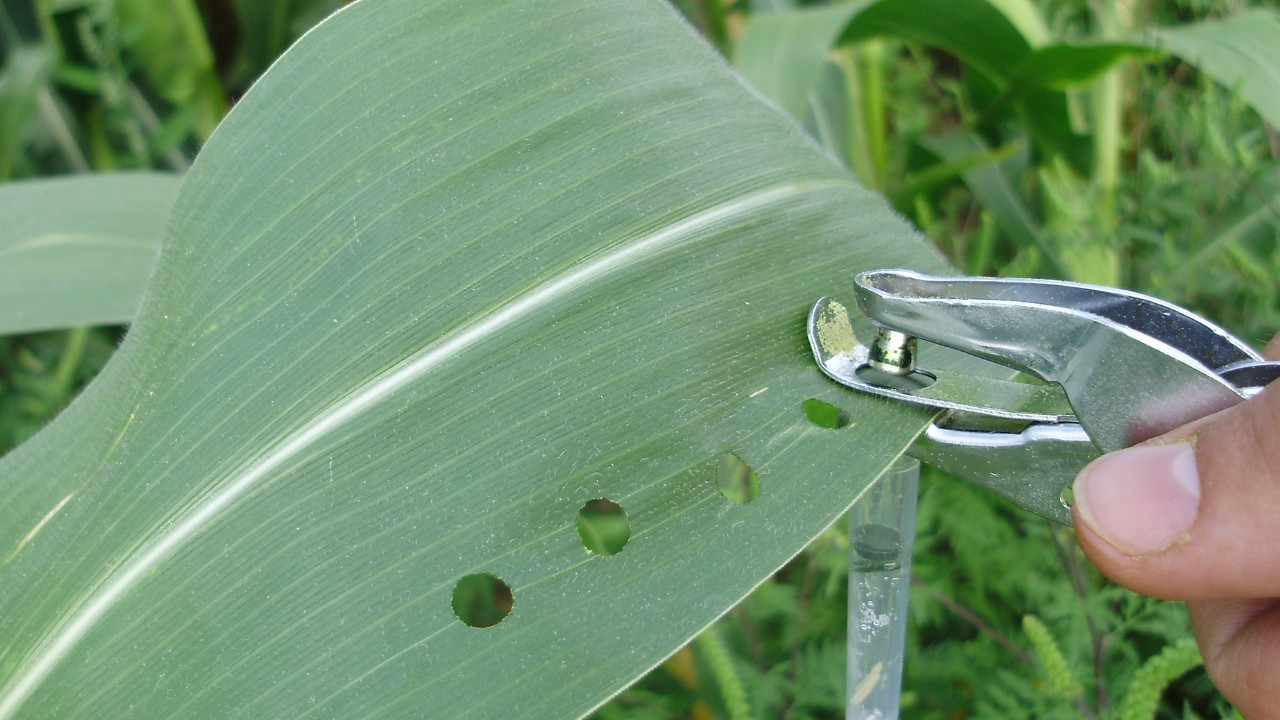
Robust research at CAGT
Research at the Center for Applied Genetic Technologies (CAGT) is focused on the genetic improvement of crop plants using genetic, genomic, and state-of-the-art biotechnology approaches. Faculty at CAGT have robust research programs focused on the development of improved cultivars of crops including critical Georgia crops such as peanut, soybean, corn, and tomato.
Key traits of interest include pest and disease resistance, market quality traits, and yield, all critical to improving agricultural production. In addition to food crops, improvement of feed and fuel crops such as switchgrass and poplar are ongoing at CAGT. CAGT faculty also have active research programs focused on plant biotechnology, characterizing the phytobiome to improve plant and soil health, the genetics of plant development, and mechanisms of disease resistance.
CAGT research is funded by the U.S. Department of Agriculture, National Science Foundation, U.S. Department of Energy, Foundation for Food and Agriculture Research, and a suite of industry partners including the National Peanut Board and the U.S. Soybean Board.
Featured CAGT News




